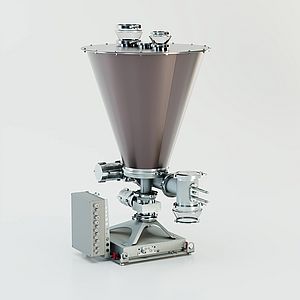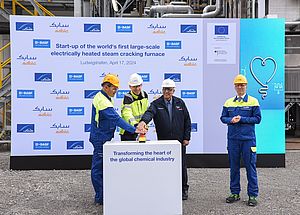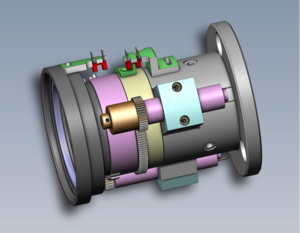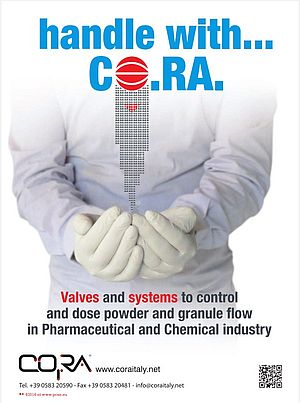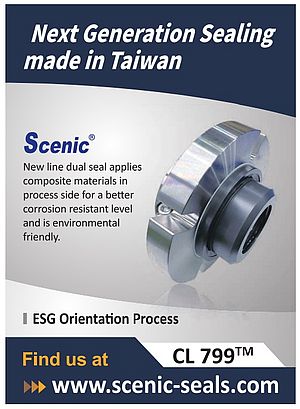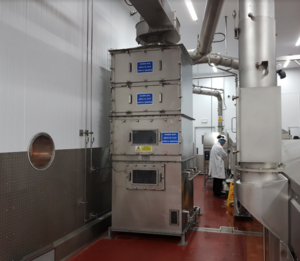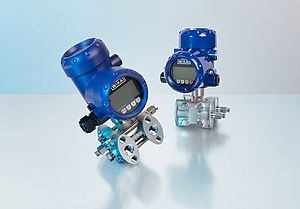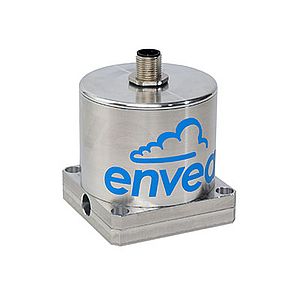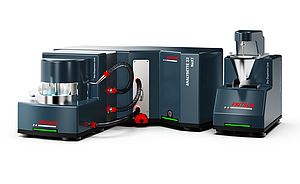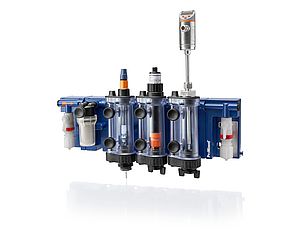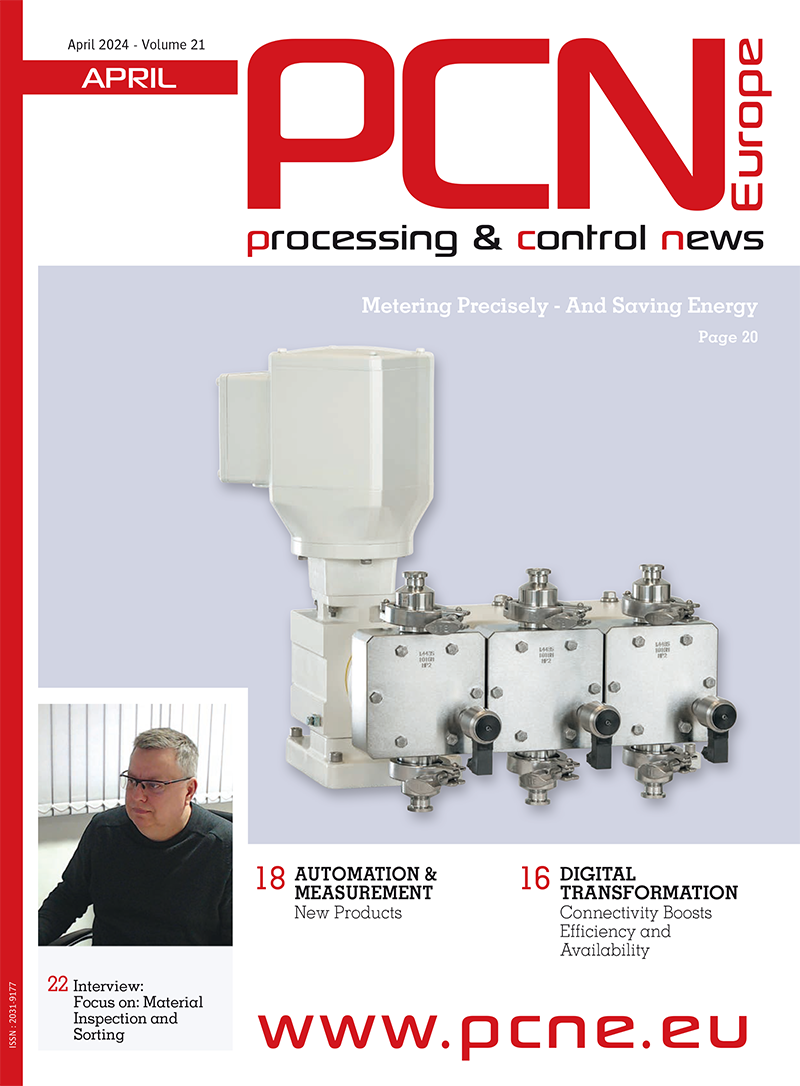Metso and Brazilian energy company Petrobras have signed a service contract covering the supply of spare parts and maintenance services for Metso's valves, actuators and positioners for 11 refineries in Brazil. The contract also includes intelligent tools for preventive and predictive maintenance planning developed by Metso. Metso won the contract after the excellent performance of one Petrobras refinery in São Paulo, which was serving as a test pilot for two years. Satisfied with Metso's commitment, valve quality and local service capabilities, Petrobras decided to expand the pilot contract for 10 of its other refineries in Brazil.
"During the testing period, Metso was able to demonstrate that its tools for managing valve inventories and spare part purchases proved to work in practice when targeting lower maintenance costs,'' Mr. Candido Franco, Petrobras explains. "With this agreement, we have systematic standardization of the installed valve base, which makes it easier to manage valve inventories and valve maintenance. This has resulted in a positive impact on the capital tied to valve inventories,'' Franco continues.
Another significant advantage for Petrobras is related to the capabilities of Metso's intelligent tools to monitor and analyze valve condition while the process is running. Conventional methods require stopping the process, and removing and dismantling the valves for closer inspection.
Mr. Franco confirms that one key element in successful and economical valve maintenance is planning. "With the on-line monitoring tools, we can now plan our maintenance schedule in advance, so any disruption to the process is kept to a minimum. Also maintenance activities can be directly focused on those valves needing it most. A constant awareness of overall valve condition prevents unexpected breakdowns, which can result in stopping the process completely, which is extremely costly".
Metso and Petrobras sign service contract
covering 11 refineries in Brazil
- March 29, 2011
- 7931 views




